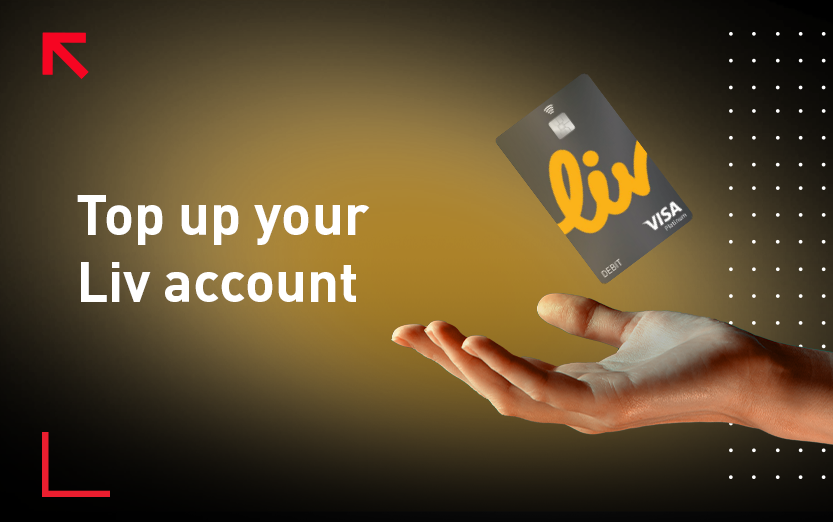In today's fast-paced world, the demand for speed and convenience in financial transactions is higher than ever. The advent of instant payment technologies is reshaping how consumers interact with the economy, providing a seamless, secure, and speedy way to manage financial activities. This shift is particularly significant as mobile banking in UAE has become increasingly prevalent.
As the name suggests, instant payments are money transfers processed in real time, allowing for the immediate posting of funds to recipients' accounts. This marks a significant evolution from traditional payment methods, which can take days to clear and settle. Historically, banking transactions were restricted by operational hours and processing times, but technological advancements have obliterated these barriers, introducing a new era of financial convenience.
Technological Advances Driving Instant Payments
The rise of instant payment technologies is largely due to breakthroughs in digital technology, including blockchain, NFC (Near Field Communication), and sophisticated mobile applications. These technologies ensure that transactions are not only fast but also secure. For instance, blockchain technology offers an immutable ledger, making frauds and errors easy to trace and hard to commit. Meanwhile, the widespread adoption of smartphones has provided the necessary platform for mobile banking apps to thrive, particularly in tech-savvy regions like the UAE.
Consumer Benefits of Instant Payments
Convenience and Efficiency: Instant payments mean consumers can pay for goods and services anytime and anywhere, directly from their mobile devices. In the UAE, where over 90% of the population uses smartphones, mobile banking apps have become a primary tool for personal financial management.
Enhanced Security: Instant payments offer superior protection with features like real-time fraud monitoring and biometric security (fingerprint and facial recognition). This is crucial in the UAE, where stringent regulatory standards protect digital transactions.
Better Financial Management: Instant payments give consumers real-time updates on their spending and account balances, helping them manage their finances more effectively. This is especially beneficial in a dynamic economic environment like the UAE, where financial activity is constantly buzzing.
Economic Impact
The convenience of instant payments can lead to an increase in consumer spending. For instance, a Federal Competitiveness and Statistics Authority survey showed that 68% of UAE residents prefer digital payments over traditional methods, citing ease of use and time savings as the main reasons. This preference boosts consumer spending and benefits small businesses with faster cash flows and lower transaction costs.
Leading Apps and Platforms
Platforms like Liv, Emirates NBD's mePay, ADCB's PayNow, and international apps like Apple Pay and Samsung Pay are leading the instant payments revolution in the UAE. These platforms offer convenience and incorporate rewards programs encouraging consumers to use digital over traditional payment methods.
Challenges and Considerations
Despite the many benefits, instant payment technologies come with challenges. Regulatory hurdles are significant, especially in a global business hub like the UAE, where international transactions are common. Data privacy is another critical concern; consumers are increasingly wary of how their financial data is used and stored.
Future Trends and Predictions
Looking ahead, the role of AI and machine learning in enhancing the security and efficiency of instant payments is promising. The UAE, known for its proactive approach to adopting cutting-edge technologies, could lead the way in integrating these innovations into everyday banking. Moreover, the potential integration of cryptocurrencies and central bank digital currencies (CBDCs) into mainstream banking could further elevate the convenience and efficiency of instant payments.
Conclusion
Instant payments are more than a technological advancement; they are a transformational shift in how consumers and businesses interact with money. In the UAE, where the economy is rapidly digitizing, embracing mobile banking and instant payment technologies is critical to future-proofing its financial services sector. As this trend grows, it will profoundly change the global economic landscape, influencing everything from consumer behavior to business operations and macroeconomic policies.









